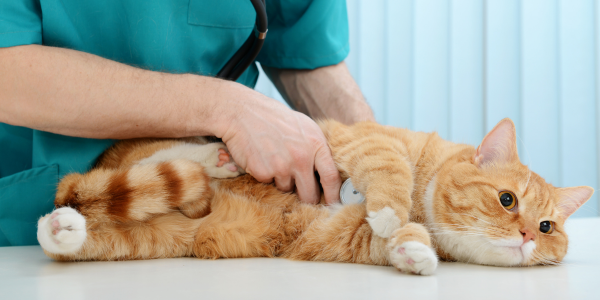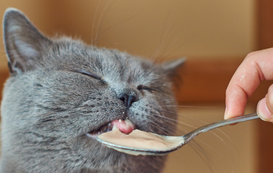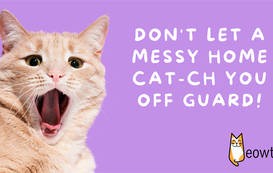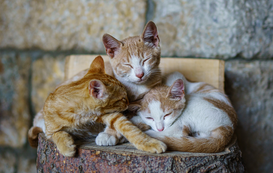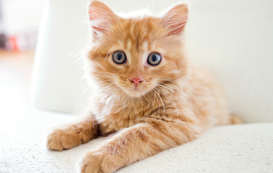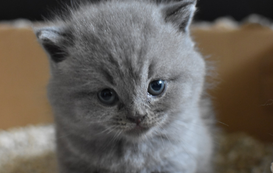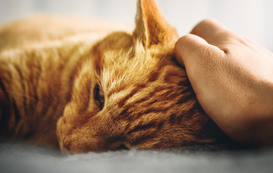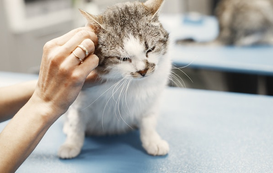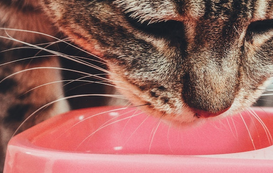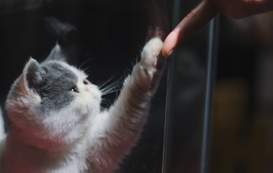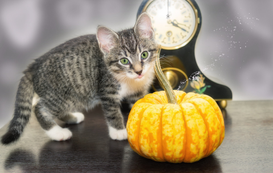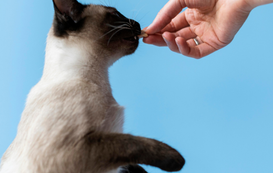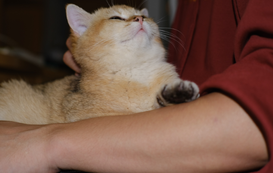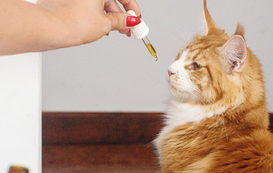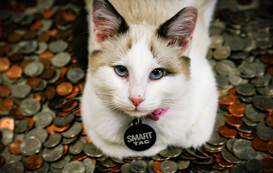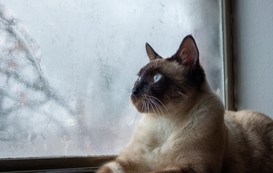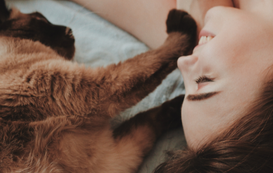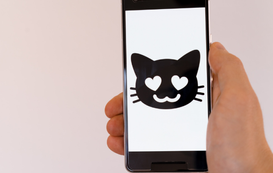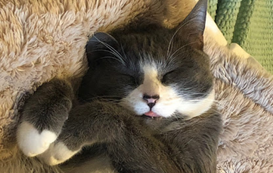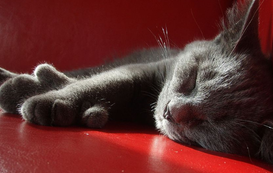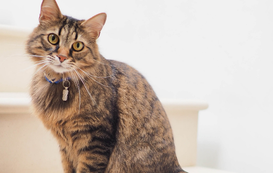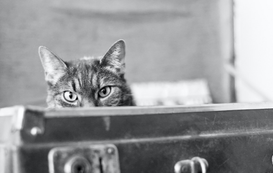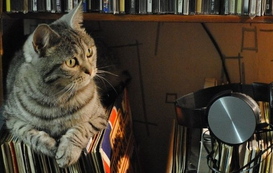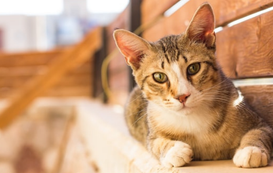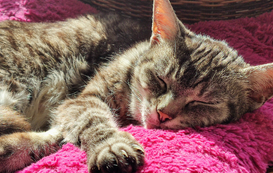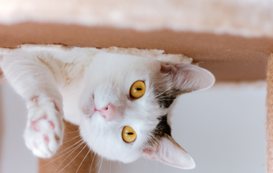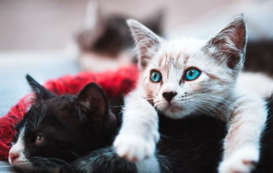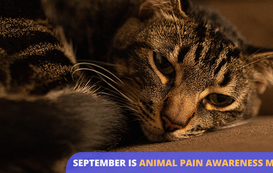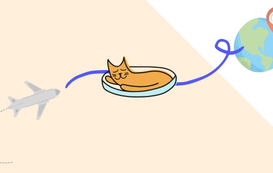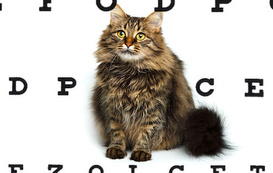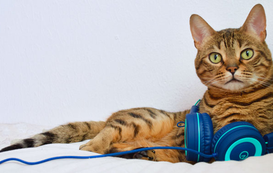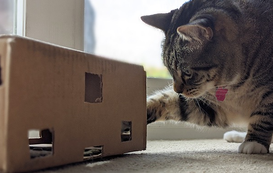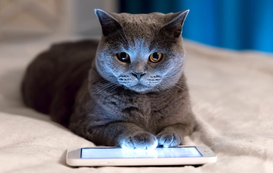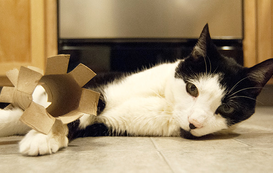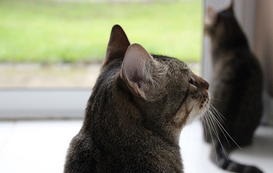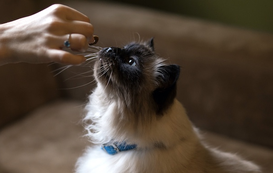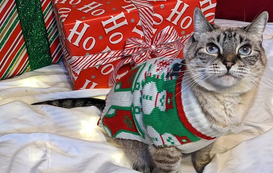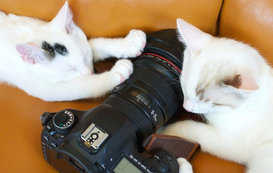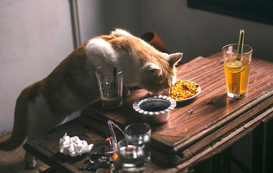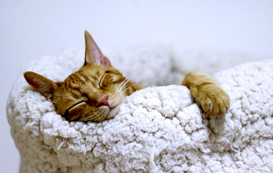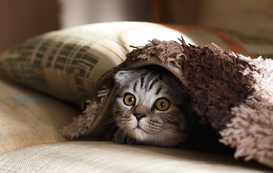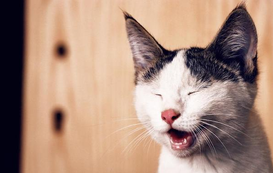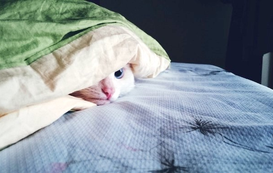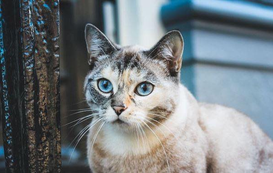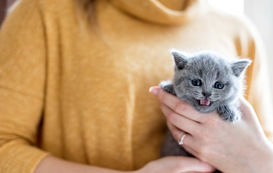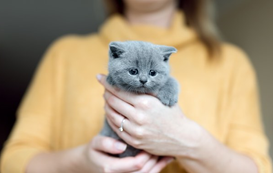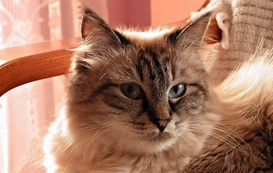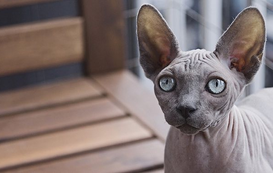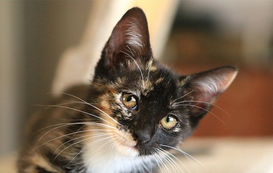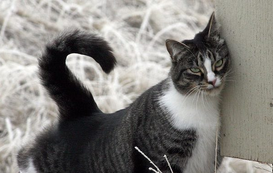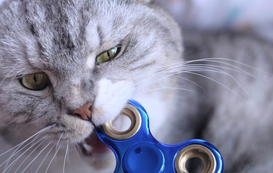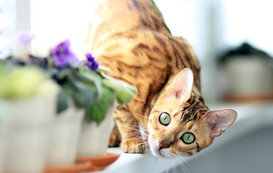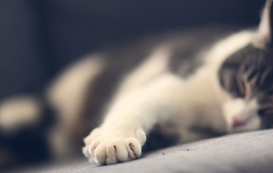Knowing what to do when your cat has a UTI can be overwhelming. How can you be sure if it's a UTI or another issue? And what happens if your cat falls ill while you're away? We've teamed up with Petzey's Chief Veterinary Officer, Dr. Danny to answer these questions and more.
Spotting The Signs
Q: What are the main symptoms of UTIs in cats?
A: Cats with a UTI will often be seen making frequent trips in and out of the litter box or sitting for long times in their litter box attempting to urinate. This behavior is due to the constant sensation of the presence of urine in their urinary bladders even when the bladder is almost totally empty. Also, they may be experiencing an uncomfortable feeling of pain from inflammation and also the possibility of urinary calculi or crystals that may form in the cat's bladder. Cats are very good at hiding pain so vocalization or strange sounds may occur frequently when attempting to urinate but not always. Additionally, they may begin urinating in strange places such as sinks, bathtubs or laundry baskets. Blood may or may not be present in a UTI.
Meowtel Pro Tip: Many sitters on Meowtel keep a keen eye on behaviors that may be signs of UTIs (such as accidents, straining, blood in litter, etc.) and can keep you updated during your reservation.
High-Risk Kitties
Q: Are certain breeds or ages of cats more prone to UTIs?
A: Purebred cats including Burmese, Persian, Ragdoll, Tonkinese and British shorthair are generally listed as common breeds for UTI's. Usually, middle aged or senior cats are affected by urinary tract infections more so than younger cats. Middle aged, neutered male cats are more likely to suffer from urinary blockage from mucous plugs or even hard calculi lodged in the male urethra. Many causes for urinary crystals or calculi that often develop with a UTI include certain dietary choices for which many cat's body systems are unable to process the mineral content of these diets and subsequently block with mucous material that are composed of these mineral byproducts (called Ash). Most of these conditions also obviously contain an infectious bacterial component in high numbers as well, but not always.
Untreated UTIs
Q: Can UTIs in cats lead to more serious health issues if untreated?
A: Urinary tract infections alone can be painful and annoying for all cats and may lead to more serious problems such as chronic vaginal and uterine infections in females especially noted here is "pyometra" which if left untreated can be fatal for most females especially if they develop it at a senior age. Middle aged male cats may experience urinary blockage from chronic UTI's which when left untreated or go unnoticed could cause the urinary bladder to become engorged with urine, become extremely painful and possibly rupture and lead to death from urinary toxicity. Both pyometra and urinary blockage will lead to some form of surgery in an effort to save the Cat's life!
Stress Induced UTIs
Q: Can stress contribute to a cat developing a UTI?
A: Most certainly both environmental and emotional stress can lead to a Cat's developing a UTI. Stress changes the hormonal balance in a cat which is inversely related to homeostasis within the kidneys, urinary bladder and outflow tract. Cats respond to stress by changing their normal habits and activities including regular trips to the litter box to eliminate toxic urine from their bodies. These toxic chemical products in urine change the ph of the urine to a more alkaline state where bacteria can thrive and cause the UTI.
Meowtel Pro Tip: Boarding can be a stressful experience for some cats, which is why sitters on Meowtel offer care right in your own home. This way, your furry friend enjoys familiar comforts that can help them have a more relaxed time while you're away.
UTI Recovery
Q: How can I help a cat recovering from an UTI?
A: First, try and recognize the symptoms of a UTI. Frequent trips to the litter box, unusual vocalization, blood spots on fabrics or carpet with a strong urine smell, urination in your sinks, tubs, on your clothes, enlarged painful abdomen, inappetence, lethargy and hiding from you. Then contact a Veterinarian (assess the need for a visit via telehealth consult) to schedule an appointment or take your cat directly (sometimes immediately!) to an Emergency Animal Hospital to receive possible life saving care. Finally, regarding recovery after the UTI has been diagnosed, please follow the Veterinarian's advice and treatment recommendations for the full treatment period. Then follow up with a recheck urinalysis and possible bloodwork to be sure the infection is gone and no long-term damage has resulted from the UTI. A lifelong dietary change to a special urinary diet to avoid future UTI's should be considered.
Meowtel Pro Tip: If there is an emergency situation, sitters on Meowtel can often help get your furbaby medical attention, with your permission of course. Many sitters on Meowtel offer medication administration as well as extra care for cats who are recovering from UTIs or other health issues.
Travel with peace of mind by finding a local sitter on Meowtel. Thousands of cat lovers from coast to coast have found care for their cats on Meowtel. Book your purrfect sitter on Meowtel on the #1 cat sitting app today.

